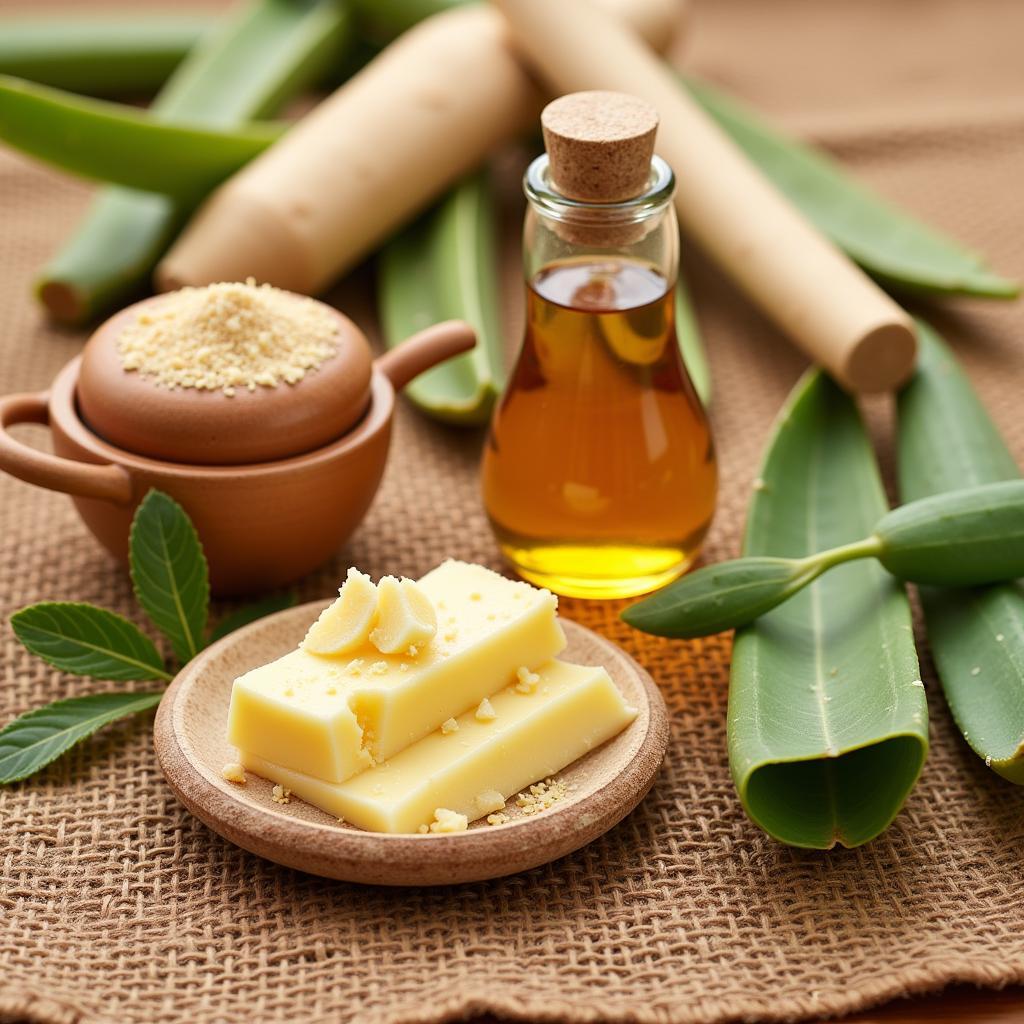Unraveling the History and Significance of African Hair Combs
African hair combs are more than just tools for styling; they are intricate symbols of status, identity, and cultural heritage deeply embedded within the diverse tapestry of African societies. For centuries, these combs have played a pivotal role in grooming practices, social customs, and artistic expression across the continent. This exploration delves into the rich history and significance of these often-overlooked artifacts, revealing their multifaceted meanings and enduring legacy.
From the ancient kingdoms of Egypt to the contemporary communities across sub-Saharan Africa, hair combs have held a prominent position in daily life. They are not merely functional objects; they are potent symbols of social standing, personal adornment, and spiritual beliefs. Crafted from a diverse range of materials, including wood, bone, ivory, metal, and even plastic, African hair combs exhibit an astonishing variety of shapes, sizes, and decorative motifs. These intricate designs often reflect regional traditions, clan affiliations, or individual preferences. Early examples of combs have been discovered in archaeological sites, attesting to their long and continuous use throughout African history. You can find more about African hair jewelry at this link.
The Cultural Significance of African Hair Combs
African hair combs serve a variety of purposes beyond their practical function. They can be used as currency, dowries, or even as ritual objects in certain ceremonies. The elaborate carvings and decorations often found on these combs speak volumes about the cultural values and artistic sensibilities of the communities that produced them. Certain motifs may represent animals, plants, or ancestral figures, imbuing the combs with symbolic meaning and power.
Combs as Symbols of Status and Identity
In many African societies, the size, material, and ornamentation of a hair comb can signify an individual’s social status, wealth, or marital status. Larger, more elaborate combs are often associated with higher social standing. For instance, among certain ethnic groups, a specific type of comb might be reserved for royalty or religious leaders. Similarly, the materials used in the comb’s construction can denote wealth and prestige. Ivory combs, for example, were historically prized for their rarity and beauty, while combs made of precious metals symbolized affluence. The link on African American wigs for seniors might also be of interest.
Materials and Craftsmanship
The craftsmanship involved in creating African hair combs is often exceptional. Skilled artisans employ a variety of techniques, including carving, inlaying, and beadwork, to produce intricate designs. The choice of material often reflects local resources and traditions. While wood is a common material, other materials like bone, horn, and metal are also widely used.
Regional Variations in Comb Design
African hair combs exhibit a remarkable diversity of styles across different regions of the continent. From the long, slender combs of East Africa to the wide, ornate combs of West Africa, each region boasts its own unique aesthetic traditions. The designs often reflect local flora and fauna, geometric patterns, or abstract motifs, providing a glimpse into the rich artistic heritage of each community. Check out African hairstyle name for more insights.
African Hair Combs in the Modern Era
While mass-produced combs are readily available, traditional handcrafted African hair combs continue to be valued for their cultural significance and artistic merit. They are often worn during special occasions, festivals, and ceremonies, serving as a connection to ancestral traditions. Moreover, African hair combs have become increasingly popular as collectible items, appreciated for their beauty and historical value. For those interested, you can explore more on African gold plated hair. Alternatively, you might be interested in African American feathered bob hairstyles.
Conclusion
African hair combs are more than just utilitarian objects. They represent a rich and complex tapestry of cultural traditions, artistic expression, and social values. From their symbolic significance to the exquisite craftsmanship involved in their creation, these combs offer a fascinating window into the diverse cultures of Africa. By understanding the history and significance of African hair combs, we gain a deeper appreciation for the artistry and cultural heritage of this vibrant continent.
FAQ
-
What materials are African hair combs traditionally made from?
- Traditional materials include wood, bone, ivory, metal, and horn.
-
What is the cultural significance of African hair combs?
- They represent status, identity, and are used in ceremonies and rituals.
-
Are African hair combs still used today?
- Yes, both for everyday use and special occasions.
-
Where can I find authentic African hair combs?
- Specialized craft shops, online marketplaces, and cultural centers.
-
How can I tell if an African hair comb is authentic?
- Look for handcrafted details, unique designs, and inquire about the origin.
-
What are some common motifs found on African hair combs?
- Animals, plants, ancestral figures, and geometric patterns.
-
How should I care for my African hair comb?
- Depends on the material, but generally avoid excessive moisture and harsh chemicals.
Common Scenarios and Questions:
-
Scenario: Someone is looking for a unique gift with cultural significance.
- Question: Where can I find authentic, handcrafted African hair combs?
-
Scenario: A student is researching African art and culture.
- Question: What is the symbolic meaning of different motifs found on African hair combs?
-
Scenario: Someone is attending a cultural event and wants to wear a traditional accessory.
- Question: What type of African hair comb would be appropriate for this occasion?
Further Exploration:
You might also be interested in learning more about other aspects of African culture, such as traditional clothing, jewelry, and music. We have other articles on our website that delve into these topics.
For further assistance, please contact us: Phone: +255768904061, Email: kaka.mag@gmail.com, or visit us at: Mbarali DC Mawindi, Kangaga, Tanzania. We have a 24/7 customer service team.

